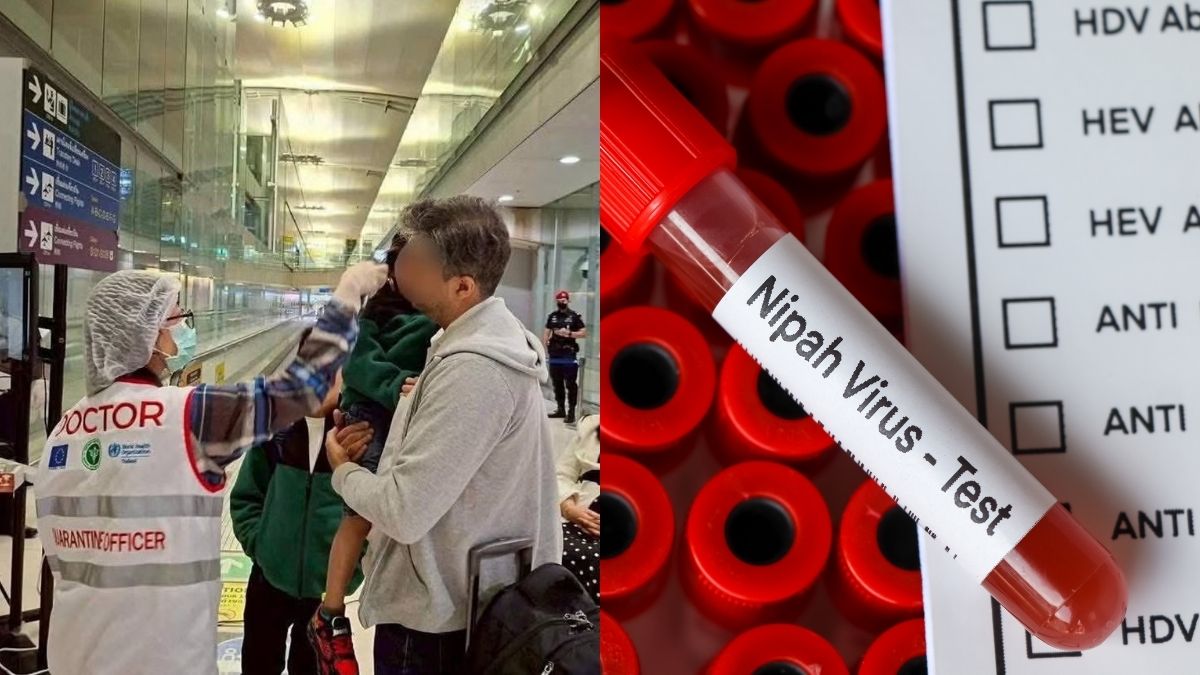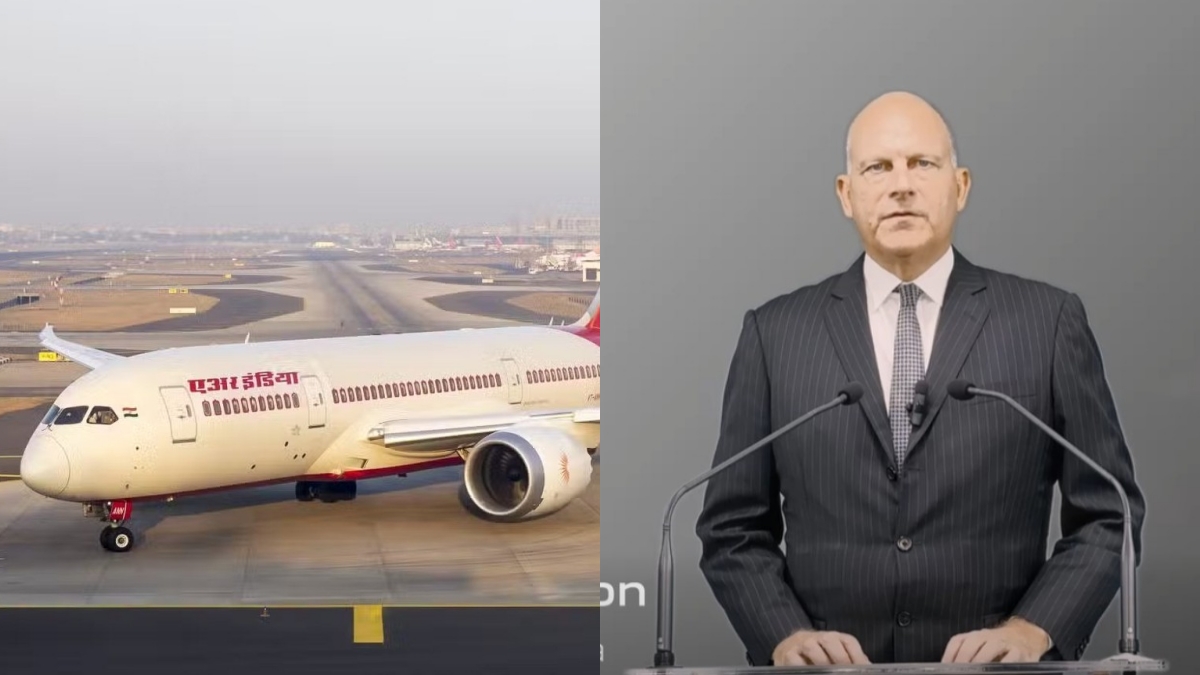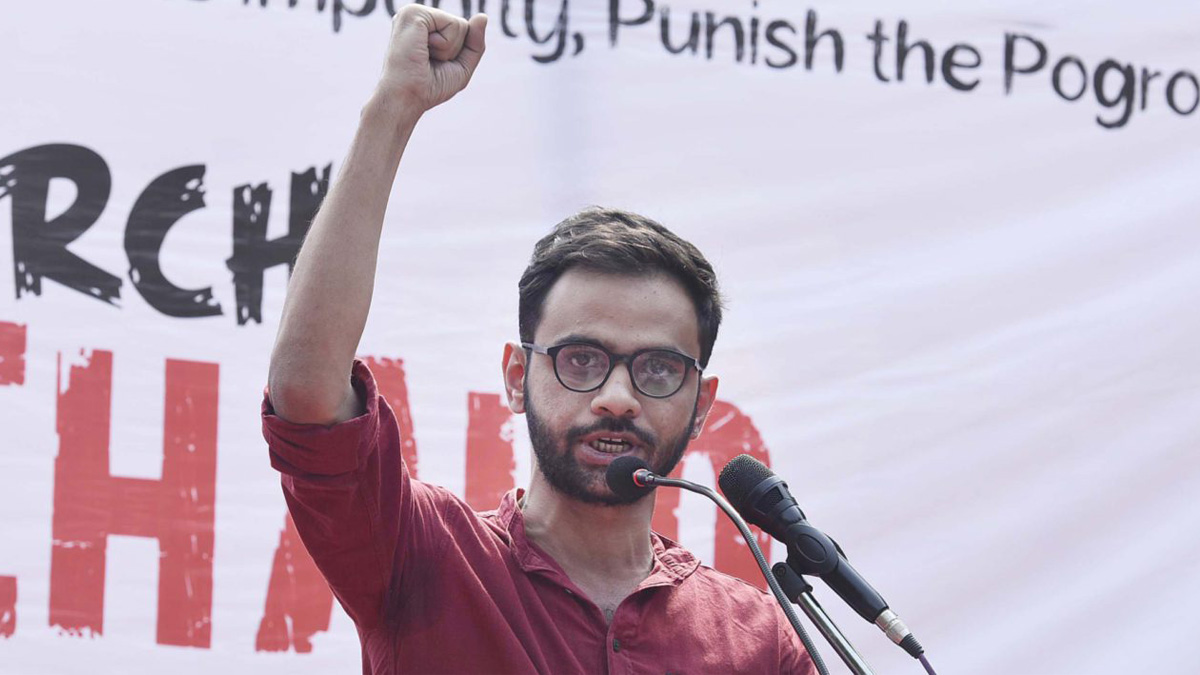Singapore Airlines invites 100 Air India pilots to Scoot under deputation scheme amid deepening ties
Singapore Airlines has launched a deputation scheme offering over 100 Air India pilots temporary postings at its low-cost unit Scoot. The initiative coincides with closer ties between the two carriers after SIA’s 25.1% stake in Air India.

- Singapore Airlines has launched a deputation programme inviting over 100 Air India pilots to Scoot for one- to two-year postings, offering Embraer aircraft training and international flying experience.
- The initiative reflects deepening cooperation after SIA acquired a 25.1% stake in the newly merged Air India.
- The announcement coincided with the Air India Flight AI 171 crash near Ahmedabad on 12 June, which killed 269 people, including 241 on board.
Singapore Airlines (SIA) has rolled out a deputation programme offering more than 100 Air India pilots temporary roles at its low-cost subsidiary Scoot. The initiative, which allows captains and first officers to be based at Changi Airport for one to two years, was reported by Hindu BusinessLine on 8 June 2025.
The postings will involve training and flying Embraer aircraft, a type currently absent from Air India’s fleet. The scheme is voluntary and open to around 100 pilots, providing them with exposure to international operations and new aircraft types. For Scoot, the move helps address pilot shortages as it expands its network.
Campbell Wilson, Air India’s managing director and chief executive, called the arrangement a “win-win” for both airlines. He noted that Singapore Airlines has already contributed significantly to Air India’s transformation through senior executives Basil Kwauk and Hamish Maxwell, who are assisting with turnaround planning, along with knowledge-sharing and training sessions.
In a statement, SIA underlined its position as a significant minority shareholder in the merged Air India entity. “We will continue to engage with the Tata group and Air India, contributing our expertise in specific areas that will be mutually beneficial, subject to regulatory restrictions,” the group said.
Scoot also highlighted the importance of sourcing talent. “We actively seek talent within and outside Singapore, focusing on attracting and retaining qualified individuals who align with our values and can contribute to Scoot’s continued growth,” the airline said.
The initiative underscores the deepening cooperation between SIA and Tata-owned Air India. The partnership began in 2015, when SIA co-founded Vistara with Tata Sons. Following Vistara’s merger into Air India, SIA now holds a 25.1% stake in the unified carrier, reflecting its long-term strategy to expand in India.
Through this partnership, SIA and Air India have expanded codeshare arrangements and integrated aspects of their operations. For SIA, the investment provides access to India’s fast-growing aviation market, part of its broader “multi-hub” strategy. It also strengthens Singapore’s role as a regional hub, allowing SIA to compete more effectively with regional rivals such as Malaysia Airlines, Thai Airways, and Qantas on routes to Australia, New Zealand, and Southeast Asia.
India remains one of SIA’s most important markets. In the 2024–25 financial year, the airline carried over 2.4 million passengers to and from India, with 65% of them either connecting via Singapore or flying directly. Goh Choon Phong, chief executive of Singapore Airlines, has repeatedly expressed confidence in India’s aviation growth and has emphasised that closer ties with Air India will be essential to capturing this demand.
The deputation scheme also signals the growing significance of pilot exchange and training partnerships in global aviation. For Air India pilots, the temporary Scoot postings offer a rare opportunity to operate different aircraft types and gain international flying experience, enhancing skills that may later benefit Air India’s own fleet expansion.
The announcement comes, however, against a sombre backdrop. On 12 June 2025, just days after news of the deputation initiative, Air India suffered one of the worst tragedies in its history. Flight AI 171, a Boeing 787-8 Dreamliner bound for London Gatwick, crashed near Ahmedabad shortly after take-off.
The aircraft, carrying 242 people—including 230 passengers and 12 crew—issued a Mayday distress call at 13:39 IST (08:09 GMT) before plummeting into a hostel belonging to B.J. Medical College. The crash resulted in 241 deaths on board and at least 28 fatalities on the ground, raising the total death toll to 269.
A British-Indian man seated in 11A was the sole survivor. His survival has been described by local media as “miraculous.” Indian investigators, supported by the US National Transportation Safety Board (NTSB) and Federal Aviation Administration (FAA), are probing the cause of the disaster.
The tragedy casts a shadow over Air India’s expansion and modernisation efforts, even as its collaboration with Singapore Airlines advances. Aviation analysts note that the deputation scheme highlights SIA’s long-term commitment to Air India despite immediate challenges. At the same time, the crash underscores the urgent need for rigorous safety, training, and operational reforms within the Indian carrier.
As investigations into the AI 171 crash continue, industry observers will closely watch how Air India balances crisis management with its ongoing transformation. For SIA, the deputation arrangement not only supports Scoot’s manpower needs but also reinforces its role as a key partner in Air India’s future.







